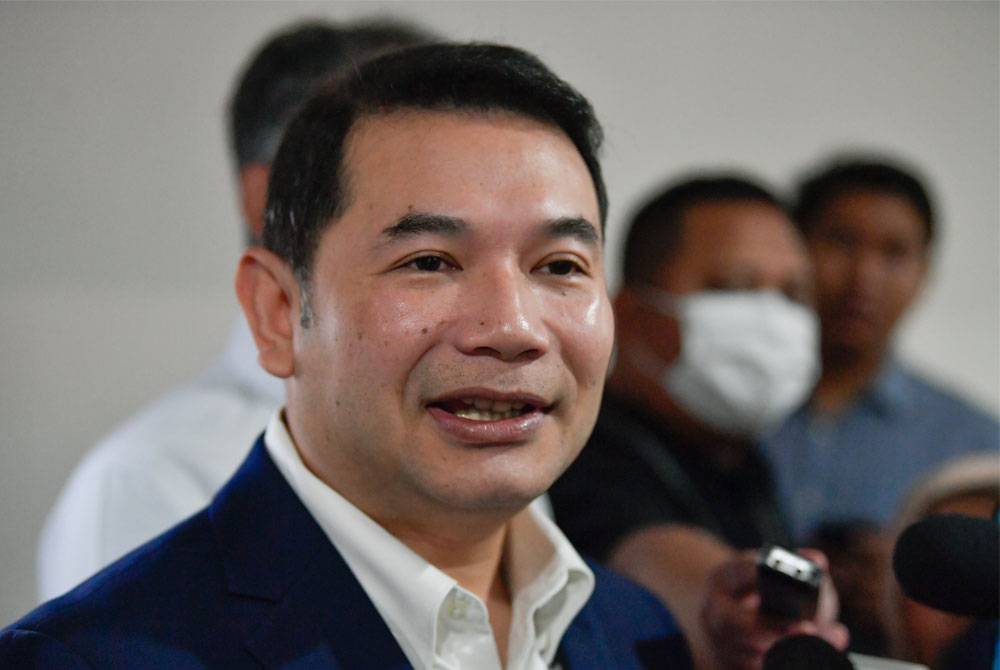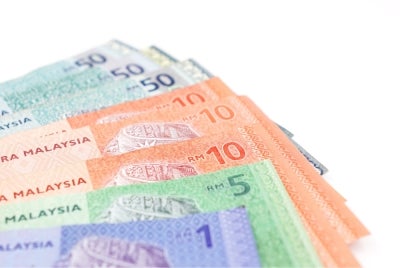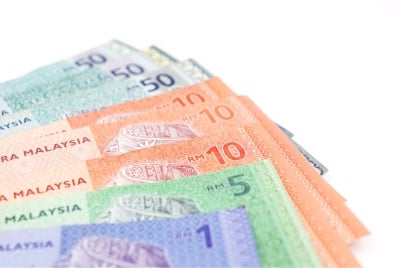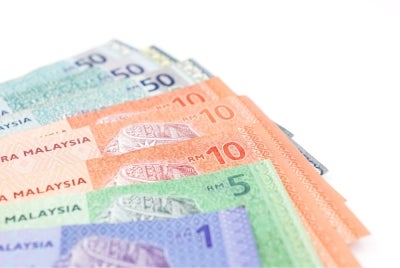Malaysia sticks to plan: Rafizi confirms government to proceed with petrol subsidy cuts in 2024 - Report
Ringgit depreciation not a concern for Malaysia's long-term goals, says Economy Minister

SHAH ALAM - Economy Minister Rafizi Ramli has reiterated Malaysia's commitment to reducing petrol subsidies this year as part of efforts to narrow the fiscal deficit.
According to financial news outlet Bloomberg, he stressed that the government's focus remains on providing targeted assistance to the underprivileged.
"We are sticking to it," he said during an interview in Putrajaya yesterday. The Pandan MP emphasised the importance of managing the timing of subsidy reductions to mitigate potential inflationary pressures.
The report highlighted Malaysia's intention to gradually phase out blanket subsidies for RON95 fuel, the most commonly used and affordable gasoline variant, which accounted for the majority of the RM81 billion spent on subsidies last year.
"To achieve the fiscal target of 4.3 per cent, we need to adhere to a certain timeline. Otherwise, the financial calculations will be thrown off," Rafizi reportedly said.
Last year, Rafizi announced plans to introduce a new RON95 petrol subsidy programme this year, replacing the existing blanket policy.
He reiterated concerns about the current subsidy model, noting that it disproportionately benefits the top 20 per cent (T20) households, making it unsustainable.
Despite the ringgit's approximately four per cent depreciation this year, hovering near its lowest level since the Asian financial crisis of 1998 as of Tuesday, Rafizi expressed minimal concern about its impact.
He claimed that the currency fluctuations have not deterred foreign investor interest or hindered the government's long-term restructuring goals.
"As far as the economic ministry is concerned, we do not see ringgit fluctuations beginning to have a negative impact on our long-term restructuring," Rafizi reportedly claimed.
Rafizi highlighted the importance of implementing structural changes in the economy to establish Malaysia as one of the world's premier startup ecosystems.
This initiative precedes the KL20 Summit next week, aiming to position Malaysia among the top 20 global startup hubs by 2030.
Malaysia's sovereign wealth fund, Khazanah Nasional Bhd will lead efforts to expand the nation's digital and technology industry by establishing a "super fund" to invest in startups alongside other sovereign funds.
The government expects this initiative to attract venture capital firms to Malaysia.
"Malaysia should excel as a vibrant scene for startups, technology, and digital sectors, leveraging all our inherent advantages," Rafizi added.
Download Sinar Daily application.Click Here!















